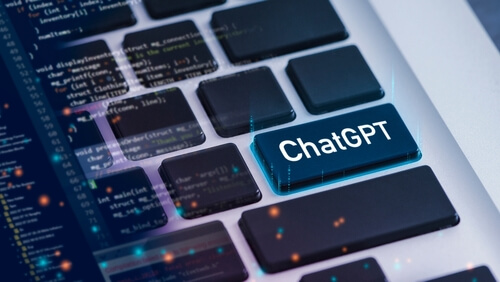Thursday marked the first anniversary of the release of ChatGPT, the artificial intelligence (AI) chatbot that became a billion-dollar business for OpenAI.
OpenAI kickstarted a generational shift in the tech industry when it introduced ChatGPT last year. The large language model (LLM) had users impressed with its ability to hold human-like conversations while answering questions and assisting with tasks.
ChatGPT became publicly available with little fanfare and minimal expectations. In a mere 12 months, it has become one of the fastest-growing consumer technologies, with 100 million weekly users.
Today, the popular chatbot has impacted every corner of the tech industry, showcasing the potential of generative AI (GenAI).
Venture capitalists have raced to put money into AI firms this year, with investments in the sector reaching $17.90 billion in the third quarter of 2023.
The world’s biggest companies have also joined the generative AI bandwagon in hopes of obtaining their own share. Microsoft used a three-stage investment totaling $13.00 billion to acquire 49.00% of OpenAI, including a 75.00% profit share.
The US tech giant is intensifying efforts on the research and development (R&D) of generative AI and large language models (LLMs). It has augmented Bing with AI capabilities and integrated its AI Copilot into its Office suite.
Alphabet, the most significant contributor to foundational AI technology, launched its own LLM, the Bard chatbot, to rival ChatGPT. In addition, Google introduced the Duet AI for Workplace and Search Generative Experience (SGE) for Android.
OpenAI Allegedly Intensifying Profit-Seeking with ChatGPT
While ChatGPT maker OpenAI is seen as the victor of the generative AI revolution, critics have said the company has strayed from its founding vision after generating profits.
OpenAI was initially founded by Elon Musk, Sam Altman, and 10 others in December 2015 as a non-profit research lab, prioritizing principles over profit while counter-balancing the influence of Big Tech on the AI industry.
In 2019, the firm accepted a $1.00 billion investment from Microsoft, one of the firms it was supposed to deter.
Today, many have claimed that the AI company has become an antithesis of its original intention, a business that seeks profit above all else.
Subscribers pay $20.00 a month to use ChatGPT, while companies pay more to gain access to its training models. Such conditions make the chatbot appear as a two-way moneymaker, functioning as an in-demand data provider and a hit consumer app.











